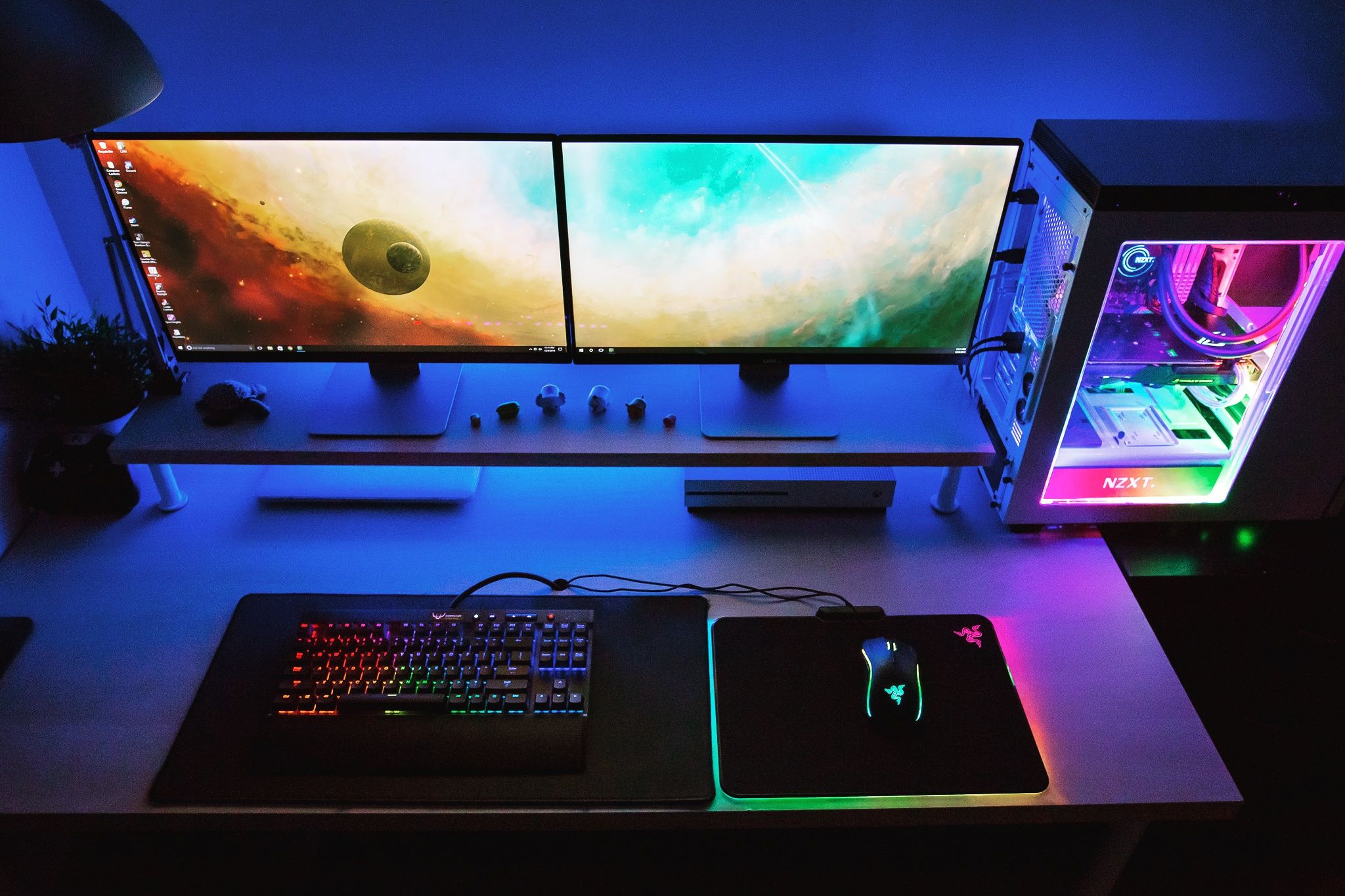PCGamesInsider.biz: Tell our readers who you are and what company you currently represent. What’s the primary Investments focus of your company?
Bertrand Vernizeau: Game Seer venture partners is a boutique investment fund focused on PC/Console indie projects. We strictly do project funding, from 100k to 1.5M EUR in games we believe the community will like.
What are the key advantages for founders when they raise investment from your company?
We consider small production for full financing and we are fine also to put a million in bigger productions
We sold our first gaming venture in 2015 for a substantial amount, so we have been very successful in the distribution of games and monetization of virtual economies. We have 15 years of expertise in how to make money with games, how to properly target the right influencers, how to generate traction. The main incentive of not being a publisher is that the studio retains the IP, chooses its own business partners and can verify if each euro invested was worth it. Transparency and support define our relationship with studios.
What kind of companies/projects are you interested in?
PC/Console indie games projects looking for funding from 100k to 1.5M EUR. We consider small production for full financing and we are fine also to put a million in bigger productions. It really goes down to the product itself. We have no specific segments. We just do not invest in Mobile/VR/AR.
What do you look for in a founder, or founding team?
Drive, chemistry and the will to bring a meaningful addition to a specific segment. If those three elements are not there, it will be tough to leave a mark and thus to be commercially successful.
Did your investment activity or focus change because of Covid-19 pandemic? If yes how?
Show your product, even if your materials are rough around the edges, it’s still a million times more telling to us, than a powerpoint or a pdf trying to explain ideas.
We are unfortunately not able to have as many beers with our studios as we would like to, but hopefully that goes back to normal in the future.
Do you need a pitch deck, and if so, what information should a founder be sure to include to interest you enough to want to know more and have a meeting?
More than a pitch, videos and art are more interesting to us. The best of course is going to be a demo, a prototype or a V-slice. If by then a project has caught our attention, we will go further into details, especially financials. Show your product, even if your materials are rough around the edges, it’s still a million times more telling to us, than a powerpoint or a pdf trying to explain ideas.
What do you expect to learn from a founder at the first meeting?
To explain to us why they want to make a specific game. The justification for the choices they have taken, their angles, their beliefs. Being able to explain what your vision is the most relevant aspect of a first meeting, coupled with compelling visuals, can be a winning combo.
How has the investment cycle changed as a result of the Covid-19 pandemic, typically, how long is it taking to close deals?
Actually shorter, as we do everything online.
Has the pandemic changed your outlook for the future in the longer term?
Games more than ever, as part of digital entertainment is there to provide experience to unwind, to laugh, to think about something else
The pandemic has boosted video game sales recently, but the long term effects might be delayed productions, depressed purchasing power for populations. It is not a great outlook if one is to be honest. However we believe people need in worrying times to be able to change their minds. Games more than ever, as part of digital entertainment is there to provide experience to unwind, to laugh, to think about something else. Pricings may be reduced accordingly with a bad economic situation, we believe studios and publishers will adapt. investors certainly will.
What trends do you see emerging in games over the pandemic that are likely to persist post-pandemic?
Studios are likely to retain much more remote structures. What was seen as potentially disruptive to a production pipeline six months ago is seen now more or less as the norm. We talk with studios who are fully remote and have had performances on released titles. We see this trend as persistent. After all, you might be more effective being home with your loved ones, your pets; it would be interesting to study effects on productivity from being confined. Working smarter not harder might be more true than ever, especially if you can do it from your living room’s sofa.
Conversely, what trends do you think are short term?
Hopefully, wearing masks.
You can find a copy of the article here
